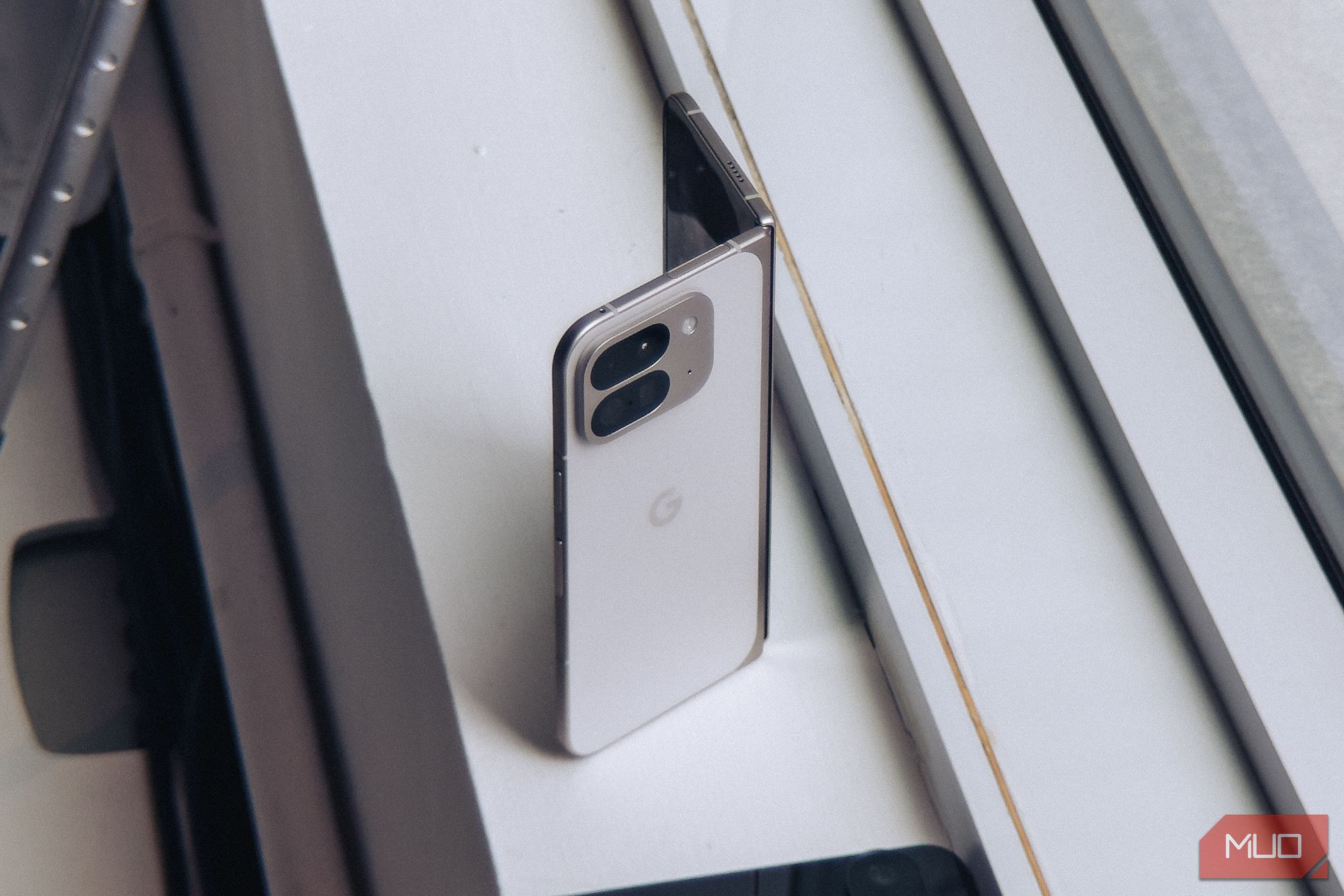Key Takeaways
- AI research and development can divert companies’ attention away from working on new hardware innovations.
- Prioritizing AI advancement results in delays in addressing key issues users face with existing models.
- Companies leaning on AI may neglect providing value to cost-conscious buyers, emphasizing novelty over functionality.
Smartphone makers are rushing to integrate artificial intelligence into their devices, betting on it being the next big thing. AI is certainly helpful in various ways, but fixating on it could lead to problems and stifle other innovations that are potentially far more impactful.
1 Companies Are Overlooking Hardware Innovation
Regardless of the platform, iOS or Android, smartphone users unanimously agree that innovation in the space has slowed down. While I won’t entirely blame AI features for this, it’s certainly not making the situation better.
Why? Because companies have a limited budget for R&D, and so every dollar spent on advancing an AI model is a dollar not spent on coming up with new hardware innovations that may prove to be far more groundbreaking.
Foldable phones, for instance, are nowhere near their final form and still need years of refinement. However, the companies making them may not be able to afford it if they’ve already spent a big chunk of their R&D budget on training their in-house large language model.
2 Prioritizing AI Leaves Key Issues Unresolved
While no one is denying the utility they can provide, it may not be the best idea to prioritize adding new AI features to devices that are already plagued with issues that need fixing. But that’s exactly what some smartphone companies seem to be doing.
For instance, Samsung’s Galaxy AI features are indeed new and exciting, but it’s safe to assume that most users would rather have the company prioritize fixing shutter lag when taking high-res photos and reducing the amount of bloatware on Galaxy devices.
Similarly, many Pixel users would want Google to work on improving charging speed, video quality, and battery life, fixing the jittery lens transition in the camera app, and offering 256GB as the default on its flagships rather than be flooded with even more AI smarts.
The point here is that, for most people, a smartphone is a tool first and a lifestyle essential later. So, it makes more sense to fix the issues they are currently facing than to simply add new features that, although nice to have, aren’t strictly necessary.
3 AI Features Complicate the UI for Non-Tech-Savvy Users
There’s only so much you can add to the user interface before it starts to look cluttered and confusing. You might be able to navigate through all the new icons, labels, and UI elements, but most people simply aren’t tech-savvy enough to keep up with all the changes.
AI features also sometimes have a steep learning curve, and the results aren’t always displayed instantly. Understanding and processing the user input takes time, especially on lower-end phones. This may discourage people from using the feature after trying it out for a few days.
4 Companies Are Prioritizing Novelty Over Providing Value
Since we’re not exactly at the cusp of a major hardware breakthrough in smartphone tech, companies are using AI as a means to differentiate their phones and offer novelty.
So, what’s the problem? Well, it’s one thing to offer existing features for a lower price and another thing to offer new features for a higher price. And it seems tech giants are siding with the latter approach, which is bad news for value-oriented buyers who just want an affordable phone that nails all the fundamentals.
But when companies start integrating AI into everything, you have no choice but to pay for those new features even though you may have no real need for them. It would’ve been better if companies focused on providing value over novelty.
To be clear, I’m not saying everyone should discourage the integration of AI in smartphones. We’re saying companies shouldn’t be so obsessed with AI that they overlook other important aspects of smartphones. AI features shouldn’t be why a company doesn’t fix existing issues or forget about other avenues of innovation.












